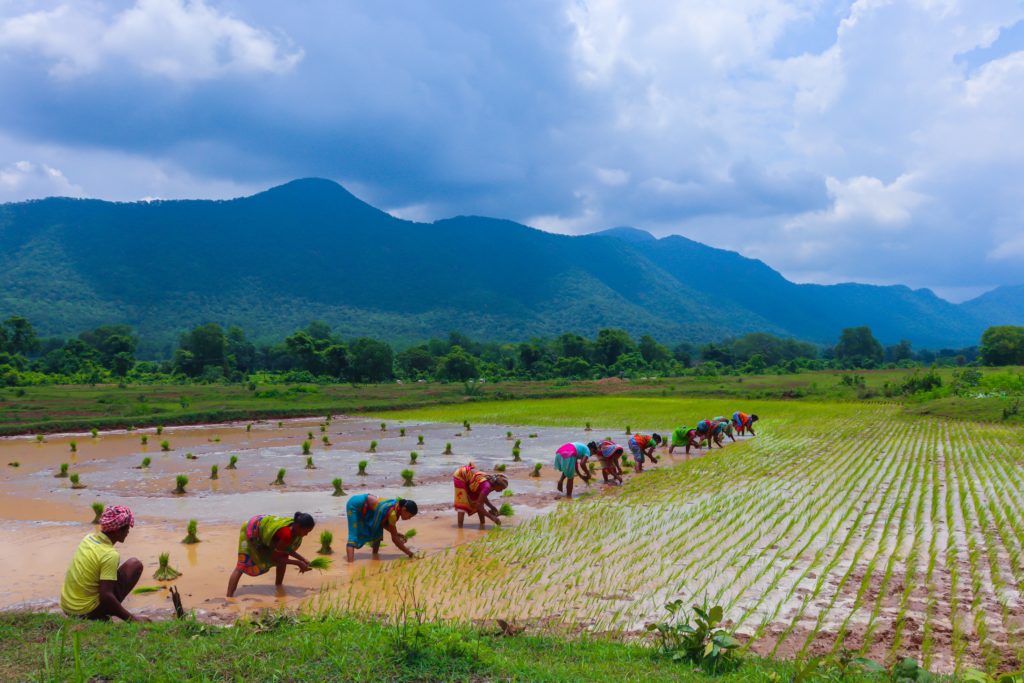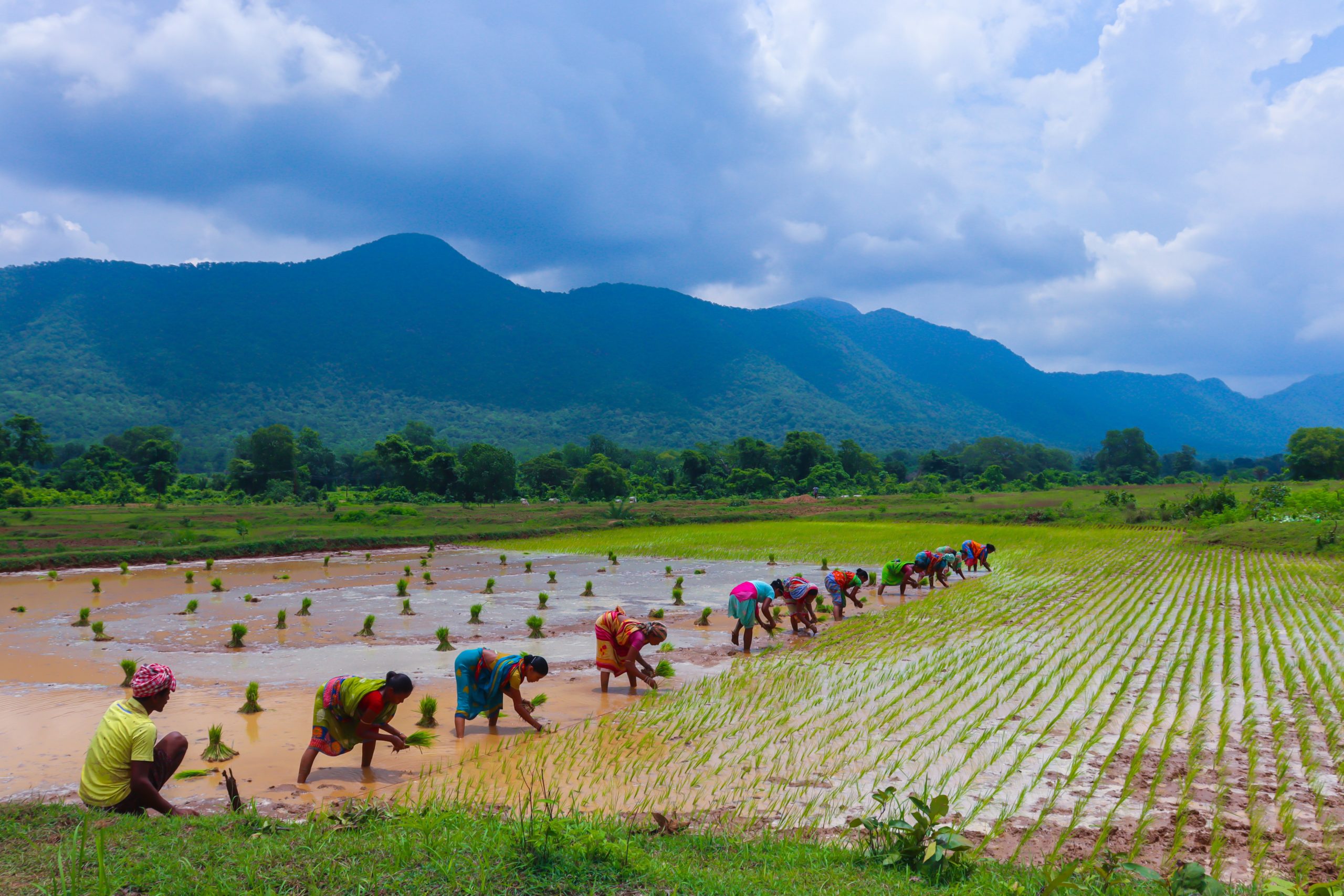The Nigerian economy’s most significant sector is agriculture. It supports up to 35% of Nigeria’s GDP and employs 60% of the population, many of whom are rural women. This nation’s agriculture, like that of many other African nations, focuses mostly on food crops for the domestic market considering that an estimated 150 million people are living there. This nation continues to be a net importer of food despite this fact for a variety of reasons. First off, the bulk of agriculture-related businesses in the nation is small-scale, with scant investment in new technologies for inputs, harvesting, processing, distribution, and market access. The great majority of those who work in agriculture are uneducated, subsistence farmers with little access to training. Furthermore, petroleum and allied products account for 95% of the nation’s exports, diverting attention from agriculture. As a result, up until recently, the public and private sectors, civil society, and bilateral and multilateral organizations all made significantly insufficient investments in agriculture. Weak, unenforced, poorly executed, and frequently contradicting policies at all levels of the nation have made this worse.

Is there a strong potential for agricultural development in Nigeria
Nigeria’s agriculture industry has enormous potential. The nation’s natural resources—39.6 million hectares of arable land, 60% of which is cultivated—climate and rainfall, coastal regions, and history as an agrarian economy—provide a solid platform for growth. This country is currently one of the world’s top producers of cereals, fruits (mango, papaya), tubers (sweet potato, yams), cassava, cashews, and nuts (millet, sorghum, and sesame). A significant home market that can support and sustain local manufacturing and processing is also represented by the nation’s population. In addition to playing a significant role in West Africa, this nation offers a great opportunity to access local markets. Sadly, there is little cooperation among regional value chains; West African nations cooperate more with their old colonizers or the United States than with their neighbors. Due to this, there have been enormous missed possibilities in industries including rice, cotton, and cocoa, as well as a persistent reliance on imports.
Are there any intriguing agriculture ventures going on right now
In the Nigerian environment, there are surprisingly few instances of thriving and effective value chains. Smallholder farmers are the source of successful supply for businesses like Olam, Nestle, and Nigerian Breweries, which also support growth throughout the value chains. It has been shown in the example of Olam, with assistance from USAID Markets, that coordinated and focused actions can result in considerable increases in yields. Smallholder farmers were organized into groups and given training, extension services, and inputs on credit. As a result, the farmers’ yields significantly increased, increasing the amount of rice available to the Olam processing facility in Benue state, Nigeria.
What can be done for agribusiness
Recognizing the need for extensive actions to guarantee sustained growth and job creation is crucial. For instance, a presidential campaign for cassava and its products, such as cassava, flour, chips, etc., helped one of Nigeria’s most significant value chains: the cassava value chain. Cassava production increased significantly in the country between 2003 and 2007, despite limited investment in research, market knowledge, subsidized fertilizer, and linkages to foreign markets. This increase has led to a market surplus, which is disappointing for farmers. This shows that concentrating on raising yields without investing in processing and other value chain components would result in short-term profits but not in long-term sustainable growth.
Agricultural products
Rice, beans, sesame, cashews, cassava, cocoa beans, groundnuts, gum arabic, kola nuts, cocoa, maize (corn), melon, millet, palm kernels, palm oil, plantains are some major crops. Rice, rubber, sorghum, soybeans, bananas, and yams are also among the list of the major crops.
In the past, Nigeria was well-known for its exports of palm kernel and groundnut oil. However, the shipment of this product has slowed down over time. Local Nigerian businesses started exporting groundnuts, cashew nuts, sesame seeds, moringa seeds, ginger, cocoa, etc. a few years ago.
You may also find these articles helpful
Start an E-Commerce business in Nicaragua
Start IT business in Japan
Start IT business in Jordan







